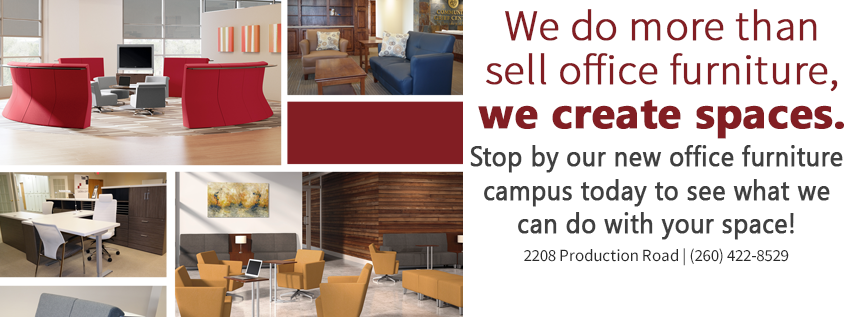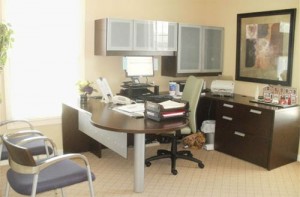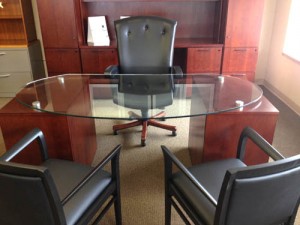Listen While You Work: Productivity Killer?
 Here at Workspace Solutions, we work hard every day coming up with ways to increase your office’s efficiency. There is no doubt our offices have changed over the years, and so has the debate about office workers listening to music while on the clock.
Here at Workspace Solutions, we work hard every day coming up with ways to increase your office’s efficiency. There is no doubt our offices have changed over the years, and so has the debate about office workers listening to music while on the clock.
Years ago, this issue may have been decided by the boss who could control the lone office radio, or the office speaker system. Most office music in those days consisted of instrumental selections since it was believed adding a vocalist would break worker’s concentration. There was even a paid music service, called Muzak back then, that “scientifically” programmed its music to increase worker productivity. Not sure how good that worked since this service is no longer available.
A small device called a “Walkman” was developed by Sony in 1979. This device played cassette tapes and popularized the use of headphones. Workers could now listen to their favorite tapes without disturbing anyone around them. They were free to move around the office as well, without taking off their headphones. When CD drives began showing up in our PC’s, it was an easy way for employees to plug their headphones in and start listening. CD drives are not as common as they once were, and listening habits and technology have moved on.
Today, there are several ways an employee sitting at a computer can listen to music. They can use their phones or mp3 players to feed their tunes to their ear buds, and they can use their computers to stream music from the internet. This allows workers to choose their own taste in music, selecting sounds they feel help them work more attentively, or cutting fatigue, both things that music seems to be able to do.
So, now that you’ve lost control of the old office radio, should you let your employees listen to music at work or not? The most logical way to decide this is on a case by case basis. Judge each employee on their own merits. If a worker is productive and accurate, then who cares if they listen to music or not. If they are not doing their job successfully, it may be time to suggest they pull the (ear) plug, and try it without the tunes.
Does Music Kill Collaboration in the Workplace?
A few other issues should be noted. One, as we move to a more open office environment, where collaboration is important, an employee can use their music to create an artificial barrier. With ear buds or ear phones on, they may not be able to get into the office conversation, since they can’t hear it. Others may not approach them since they know they are listening to music, and won’t hear them anyway.
The opposite of this occurs if one worker’s music is playing too loudly and distracts co-workers. If you did a quick survey of musical tastes of your employees, you would discover they are all different. What motivates one worker can irritate another. So, if you allow music in the office, it should remain personal. Speakers or loud headphones should not be allowed.
It does seem that listening to music while working can be a positive work habit for some workers, while not that good for others. It’s one of those things you’ll have to work out so that everyone wins.
Share with us. What is your office policy about music? And what are your favorite work sounds?




